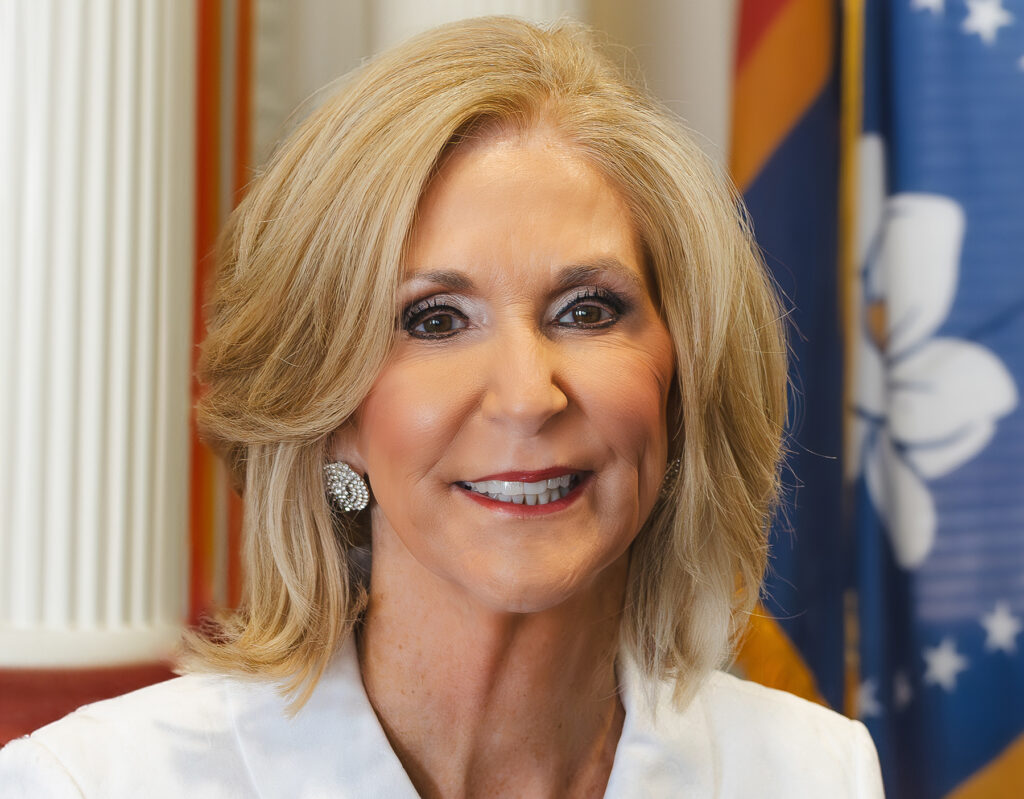A major decision from the 5th Circuit U.S. Court of Appeals has cleared the way for Mississippi to enforce a new law requiring users to verify their age before accessing social media platforms. This ruling overturned an earlier block from a lower court and marks a significant moment in the growing legal clash between state governments and major tech companies over online safety and digital rights.

The law, passed in 2024, aims to address concerns about the mental health impact of social media on teenagers. Supporters argue that giving young users unrestricted access to social platforms has fueled rising rates of anxiety, depression, and harmful behaviors. Mississippi officials believe age checks are necessary to protect children from threats like online predators, sextortion, cyberbullying, and exposure to inappropriate content.
Attorney General Lynn Fitch defended the law by stating that social media has become a space where illegal and harmful activities targeting minors thrive. She emphasized that verifying a user’s age is a reasonable and critical step toward creating a safer online space. The law reflects a broader national trend where parents, educators, and even teens themselves are voicing deep concerns over how social platforms are shaping young minds.
But the tech industry is not backing down. NetChoice, a major trade group representing companies like Meta, Google, and Snap, has filed lawsuits across multiple states challenging similar laws. Their position is clear. They argue that laws like Mississippi’s infringe on basic digital freedoms and could set dangerous precedents for internet regulation.
NetChoice maintains that such requirements violate privacy rights and restrict access to constitutionally protected speech. In a public response, Paul Taske, co-director of the NetChoice Litigation Center, said they are disappointed with the ruling and are exploring every possible legal route to reverse it. The group believes families, not government officials, should decide what children can access online.

This legal faceoff comes at a time when lawmakers across the United States are rushing to regulate the digital world. From TikTok bans to child safety mandates, states are testing the limits of internet law. Mississippi’s case now stands as a reference point, and what happens next could influence how every American interacts with social platforms.
For now, the law stands, and it may soon become a blueprint for other states aiming to pass similar rules. Whether this shift leads to better online safety or a new wave of censorship will likely be decided in courtrooms and policy meetings for years to come.
To stay updated on tech policy, digital privacy, and social media news, follow Tech Moves on Instagram and Facebook.














